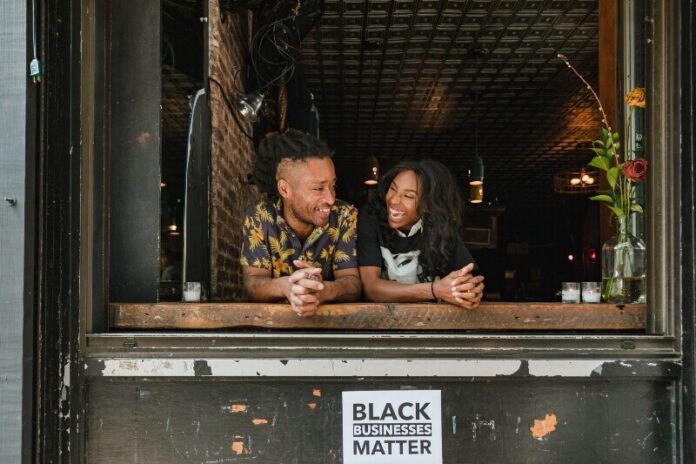
Black Business Month was created in 2004 by Frederick E. Jordan, an entrepreneur in San Francisco, and John William Templeton, the president and executive director of eAccess Corp, a scholarly publishing company. Having suffered the pain of struggling to get financing for his business ventures in 1969, Jordan created this annual event to put a spotlight on Black-owned businesses and provide an opportunity to drive legislation through education to empower minority business owners.
The month provides an opportunity to, “…acknowledge and appreciate Black-owned businesses across the nation and all that they represent in the country’s continual striving for diversity and equality,” said nationaltoday.com. “Approximately 10% of all American businesses are Black-owned….”
Black-owned business is on the rise and booming across the country. Washington D. C. has the highest percentage of Black-owned businesses at 28%.
As early as the late 1700s, both free and enslaved Blacks developed businesses. Free blacks were able to do as all business owners, grow their businesses and their wealth, while slave-run businesses were often run on a barter system or profits were used to buy their freedom from their masters.
Change came after the end of the Civil War, more businesses were created in the various Black communities to serve their members. Finding financing and a safe place to save money was hard, but in 1864, John W. Avord and A. M. Sperry set up the Freedman’s Savings and Trust Company. Branches of the bank were opened in Union controlled parts of the South so that Black soldiers had a place to keep the money they received for being a part of the Union Army. Until then, records were often poorly kept, but Sperry was a paymaster in the Union Army and he was determined to see that the families of Black soldiers killed in action received their due.
Freedman’s operated until 1874, training many former slaves how to run a bank. When it closed, the first Black-owned and run bank was True Reformers Bank in Richmond, Virginia. Eventually, many more were opened, but in the last 20 years, their numbers have dwindled.
Forbes Magazine recently reported that “The number of Black-owned banks in America has declined over the past two decades, decreasing by more than 50% from 2001 to 2018. The 2008 financial crisis was particularly damaging to the income level and employment rate of Black Americans and led to the dwindling of Black-owned banks.”
According to Forbes, FDIC data shows that only 23 out of 5,400 insured financial institutions in the United States are owned and operated by Black people as of 2018. In Tennessee, these are Citizens Bank, Hope Credit Union, and Liberty Credit Union.
It is still harder for a Black person to get credit to start a business. “According to the Federal Reserve,” says the Forbes article, “Black people are two times more likely to be denied credit than their white counterparts—regardless of income level. This discriminatory practice, also known as redlining, has contributed to disparities in wealth between Black and white households.”
Since many black-owned businesses are run out of the home, oftentimes events like Juneteenth provide them with their only opportunity to gain more awareness in the community. Events like Black Business Month provide these businesses with additional marketing opportunities.
















